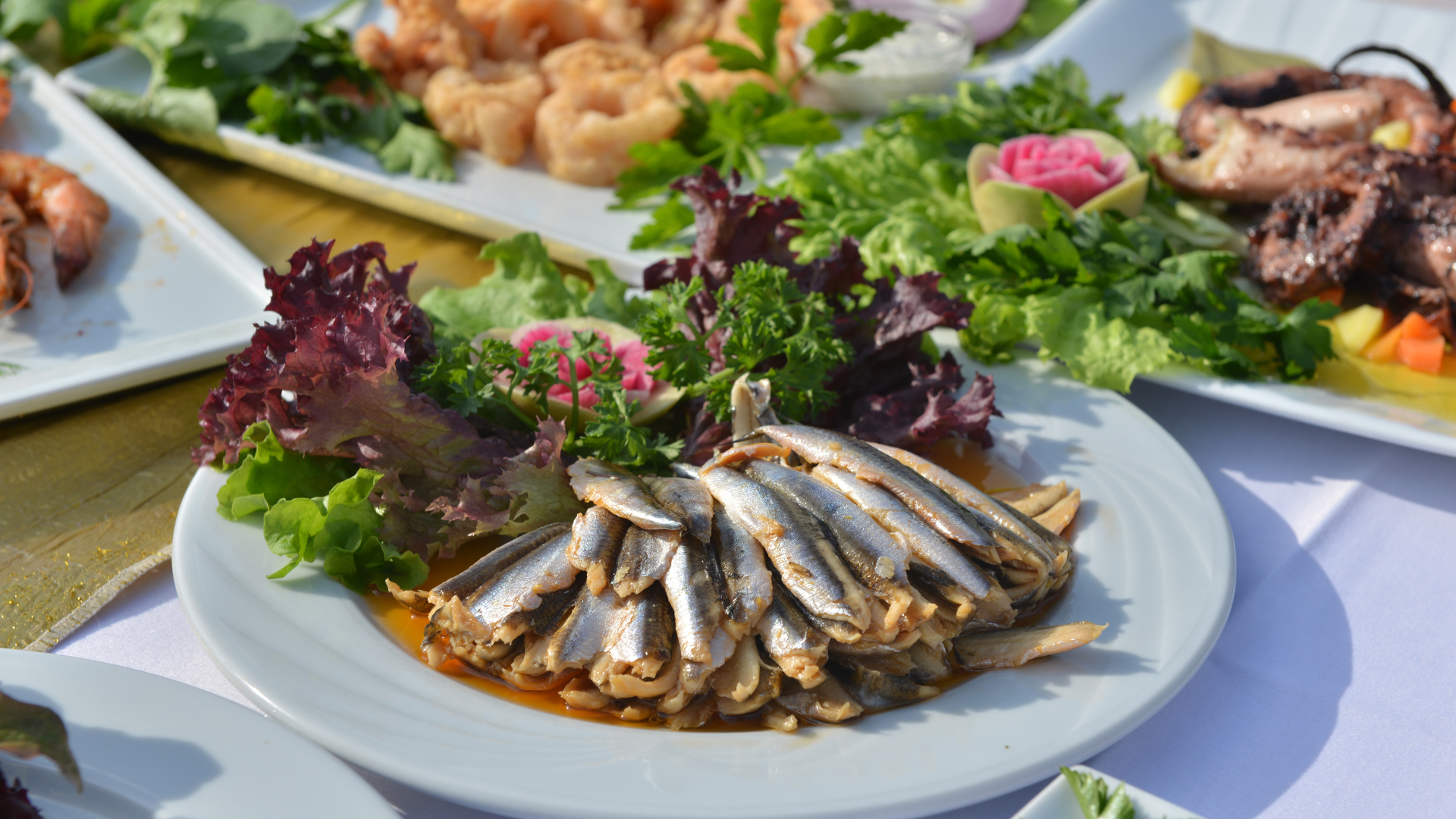Are you interested in trying out a new kind of diet but want to stay moderate? If so, a pescatarian diet might be just the thing for you! Learn about the different rules and guidelines for following a pescatarian diet, and understand the potential health benefits this type of eating can have. Discover all you need to know about pursuing a pescatarian diet right here!
What is a Pescatarian Diet?
A pescatarian diet includes fish and other seafood but no other animal products. While this diet is often seen as a way to eat healthier, it can also be followed for ethical or religious reasons.
You should be sure to eat a wide variety of fish in a balanced way to get the best of all the nutritional value they offer. For example, while salmon and tuna are both rich in nutrients, tuna is higher in protein while salmon is higher in fats. It is, hence, essential to balance them out in your diet. Following a pescatarian diet is not difficult in terms of availability; you could easily have your tuna and salmon delivered, with anything else you might need with it.
If you’re thinking of following a pescatarian diet, there are a few things you should know. First, make sure you’re getting enough protein and omega-3 fatty acids. Fish and seafood are good sources of both of these nutrients, but you may need to supplement with other foods or supplements if you need to eat them regularly.
Second, be aware that some fish may contain high levels of mercury or other toxins. To avoid these contaminants, choose wild-caught or sustainably farmed fish whenever possible. Finally, don’t forget to get your vitamins and minerals from other sources, as well. Pescatarians still need to eat a variety of fruits, vegetables, and whole grains to meet their nutrient needs.
There are certain cuisines that use a significant amount of fish in their cooking. You can turn to these recipes when you’re looking for different ways to prepare your fish. Japanese food, like sushi or japanese bowls, is also great way to get a good amount of lean protein serving. As a pescatarian, you can consider adding sushi and sashimi to your diet as well.
Benefits of Following a Pescatarian Diet
There are many benefits to following a pescatarian diet, including improved heart health, weight loss, and a reduced risk of chronic diseases.
Heart Health:
Following a pescatarian diet can help improve your heart health. This is because the diet is rich in omega-3 fatty acids, which are known to protect against heart disease. In addition, the diet is low in saturated fat and cholesterol, which can contribute to heart disease.
Weight Loss:
A pescatarian diet can also help you lose weight. This is because the diet is typically lower in calories than other diets. In addition, the diet helps you feel full and satisfied after meals, so you are less likely to overeat.
Reduced Risk of Chronic Diseases:
Pescatarians have a lower risk of developing chronic diseases such as obesity, type 2 diabetes, and hypertension. This is because the diet promotes a healthy lifestyle and weight management.
Foods to Eat on a Pescatarian Diet
If you’re thinking of following a pescatarian diet or are already doing so, you might be wondering what sorts of foods you can and should eat. Here’s a list of some of the best foods to eat on a pescatarian diet:
- Fish: Obviously, fish will be a big part of your diet as a pescatarian. Try to vary the kinds of fish you eat to get a good variety of nutrients and aim for fresh or frozen over canned.
- Seafood: In addition to fish, seafood like shrimp, crab, and lobster are also great choices for a pescatarian diet. Again, aim for fresh or frozen over canned.
- Vegetables: Fresh vegetables should make up a large part of your diet, whether you’re following a pescatarian diet or not. Fill up on healthy options like leafy greens, tomatoes, peppers, mushrooms, and more.
- Fruit: Fresh fruit is another excellent way to get your daily recommended intake of vitamins and minerals. Opt for whole fruits over juices whenever possible.
- Nuts and Seeds: Nuts and seeds are a great source of protein and healthy fats. They make a great snack or can be added to meals for an extra boost of nutrition. Just be sure to watch your portion sizes, as they can be high in calories.
Foods to Avoid on a Pescatarian Diet
Here are a few key things to avoid if you’re following a pescatarian diet. First, as the name suggests, you’ll want to avoid all meat and poultry. This includes red meat, white meat, and processed meats like bacon or sausage. You’ll also want to prevent any seafood that isn’t fish. This means no shrimp, lobster, crab, etc. Finally, you’ll want to avoid any animal-based products like honey, eggs, and dairy. So no milk in your coffee and no ice cream for dessert!
Sample Meal Plan for a Week
Assuming you’re looking for a pescatarian diet plan to follow, here’s a sample meal plan for one week:
Monday:
- Breakfast: Omelet with vegetables and avocado
- Lunch: Garden salad with grilled salmon
- Dinner: Quinoa with black beans, corn, and grilled shrimp
Tuesday:
- Breakfast: Smoothie with banana, almond milk, and chia seeds
- Lunch: Spicy tuna sushi roll and cucumber salad
- Dinner: Grilled tilapia with roasted Brussels sprouts and sweet potato wedges
Wednesday:
- Breakfast: Scrambled eggs with smoked salmon
- Lunch: Caesar salad with grilled chicken
- Dinner: Linguine with white clam sauce
Thursday:
- Breakfast: Banana oat pancakes
- Lunch: Tomato soup with a grilled cheese sandwich
- Dinner: Sautéd shrimp over zucchini noodles
Friday:
- Breakfast: Blueberry muffin and yoghurt cup
- Lunch: Tuna fish sandwich on whole wheat bread
- Dinner: Baked tilapia with brown rice and steamed vegetables
Saturday:
- Breakfast: Oatmeal with blueberries and walnuts
- Lunch: Tuna wrap with spinach, tomatoes, and cucumbers
- Dinner: Grilled vegetable kebabs over quinoa
Sunday:
- Breakfast: Avocado toast with poached eggs
- Lunch: Greek salad with grilled salmon
- Dinner: Shrimp stir-fry over brown rice
Following a pescatarian diet can be an incredibly healthy and sustainable way of eating. It’s rich in essential nutrients, low in saturated fat and cholesterol, and high in protein, omega-3 fatty acids, vitamins, minerals, and fibre. While it may require some adjustments to your current lifestyle, the health benefits are worth the effort. With careful planning and creativity, you’ll soon be enjoying all the delicious seafood dishes while reaping all the rewards of this lifestyle choice!

